Signs of rising input costs became evident over a year ago, but nothing prepared our members for the widespread and dramatic increases they face today.
Those were the words of Scottish Bakers CEO Alasdair Smith last month, when he announced that soaring input costs and widespread recruitment challenges had left many businesses fearing for their survival.
Such worries are being felt across the country, with a recent Craft Bakers Association (CBA) poll finding the rising cost of energy and other utilities was the biggest concern of two-thirds of its members.
Both organisations have written to the government to raise their anxieties and were met with some relief in the form of a six-month cap on energy costs for businesses at the same price as households pay.
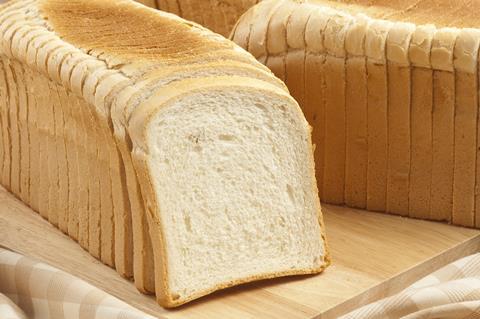
“We welcome the government’s intervention to provide more certainty and to help halt the spiralling costs we were facing, though it must be noted this does mean heavy energy users like bakeries are already paying more than double for the energy than before,” Smith added.
The CBA has also written a letter for its members – specifically small businesses – to use and address to their local MPs requesting support on energy costs. The letter explains the importance of craft bakers to the local community, from providing footfall to high streets, employment to residents and use of local ingredients, and reiterates that without government support, independent high street businesses could close.
But this is just one of the ways the organisation is providing assistance to its members in the face of rising energy costs, says Karen Dear, director of operations. “We are actively encouraging our industry supporters to offer help and advice and working with the CBA’s service providers, such as Focus Assured, to offer practical information to members, such as a webinar, providing advice on contracts, different types of suppliers in the marketplace and what to look out for,” she explains.
Key ingredients
But energy costs are the tip of the iceberg. Although UK bakers aren’t reliant on wheat from Ukraine, the impact of the war has pushed up wheat prices globally. The August update from UK Flour Millers says prices eased as harvests began in the northern hemisphere, but they remain volatile. And bakers are paying the price, as the benchmark November quote for bread wheat in north-west England is £328.50, up 60% on a year ago. Edible oils have also been a pressure point, with poor 2021 harvests in some regions compounded by difficulties in getting sunflower oil out of Ukraine.
With its electricity on a contract for the next four years, ingredients cost rises are the biggest worry for Eastbourne’s Poppyseed Bakery. “Our flour has gone up by 50%, mainly because of our contract coming to an end, and butter has also risen by nearly the same amount,” says owner Lee Smith.
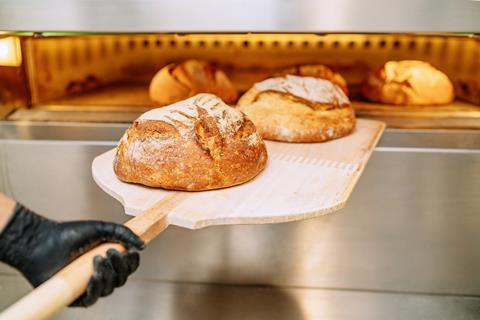
Kendal-based bakery Lovingly Artisan has also managed to mitigate energy cost issues as, in addition to being locked into an electricity tariff, the business recently installed an oven powered by wood pellets.
“We were also fortunate that we had a large quantity of flour in storage,” explains co-owner Aidan Monks. “This has helped offset supply chain issues, but that may change in coming months depending on the continuing conflict and outcome of the UK harvest.”
Adding to bakers’ troubles is intense competition for staff, with research by Scottish Bakers finding 90% of members have vacancies they cannot fill. This results in businesses having to pay more in a bid to attract and retain workers.
“A number of factors have been attributed to this,” explains Federation of Bakers (FoB) chief executive Andrew Pyne, “from EU migration as a result of Brexit, to migrant workers returning home during Covid-19, and a decrease in the over-50s returning to work post-pandemic.”
Price increases
This combination of factors, and the impact of the cost-of-living crisis on consumer spending, has resulted in many of bakery’s biggest names reporting hits to bottom lines. According to the FoB, a £100 per tonne increase in wheat flour adds approximately 5-6p to an 800g loaf of bread, while a £100 increase in a therm of gas adds 1.5p-3p. Little wonder that trade and retail price increases have been introduced across the industry, with the CBA reporting 97% of its members say they have raised prices in the past year. Higher prices carry a risk of lower sales, and 49% of CBA members report a small drop in sales, although 42% report no decline.
Smith at Poppyseed Bakery believes the 10% price increase he introduced across his product range has impacted volumes, as he has not seen a consequent 10% rise in takings. “Ninety per cent of our customers have been fine but there is always the odd person who thinks you’re robbing them,” he says. “We may have to have another increase within the next six months.”
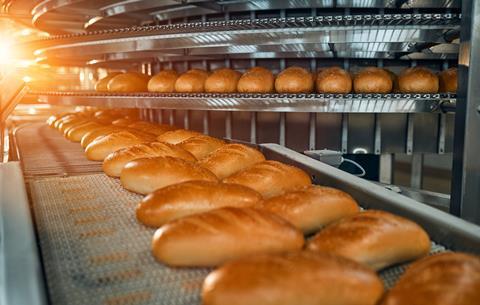
The average price of an 800g white loaf has risen 18p in the past 12 months to £1.24, according to Office for National Statistics figures, but the FoB warns bread prices will have to increase further.
“There is always a time lag for price increases between manufactures and consumers, and there is still a significant differential in increase input prices and retail prices,” explains Pyne. “With diesel fuel, gas therms and wheat commodities all at or still near all-time highs, (ONS) current loaf prices don’t reflect these input costs.”
The type of customers a business supplies can be a factor in how a bakery handles pricing, suggests CBA operations director Karen Dear. “Bakeries manufacturing for retailers and foodservice can face delays getting agreement on price increases,” she says. “Members who have their own shops are able to move prices as they feel necessary and so are better placed to deal with movements on costs.”
Work smarter
Improving efficiency is another tactic being employed to help mitigate cost increases, although there are limits to what can be achieved.
“I’m not sure there can be much more efficiency or cost savings still to be made in industrial bakeries without major technology investment,” suggests Campden BRI fellow Gary Tucker. He adds that one option for boosting efficiency is reducing the range of bakery products being produced but increasing the volumes.
”I’m not sure there can be much more efficiency or cost savings still to be made in industrial bakeries without major technology investment”
Monks at Lovingly Artisan explains that the introduction of bakery software has helped manage his business’s production, ingredients and stock processes while monitoring production performance and waste levels.
“The system has helped us manage and streamline processes so we are able to operate at near maximum efficiency, which we’ve found invaluable,” he adds.
Collaboration may also help bakers and suppliers develop ways of mitigating cost increases, suggests Pyne at the FoB. “Businesses continue the close working relationships with suppliers, be that looking at alternatives to current ingredients, opportunities that innovations and new technology can bring, and how these may factor into future cost savings.”




















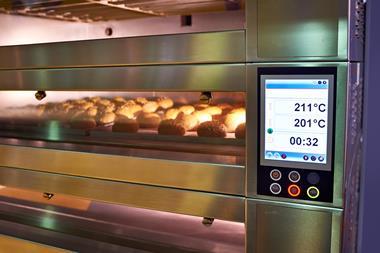

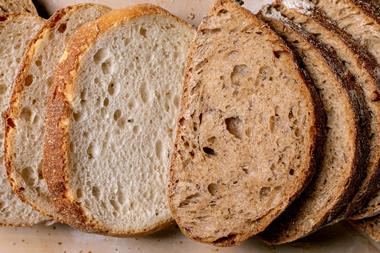
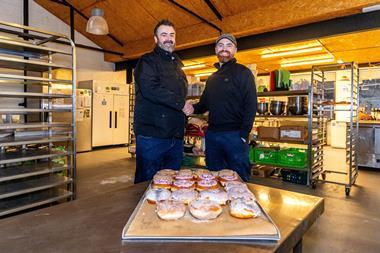
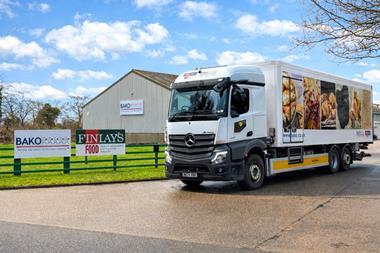
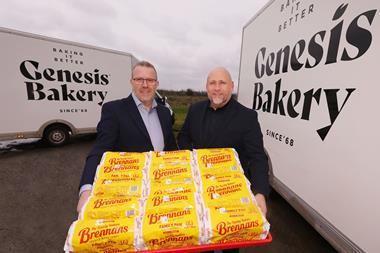







No comments yet